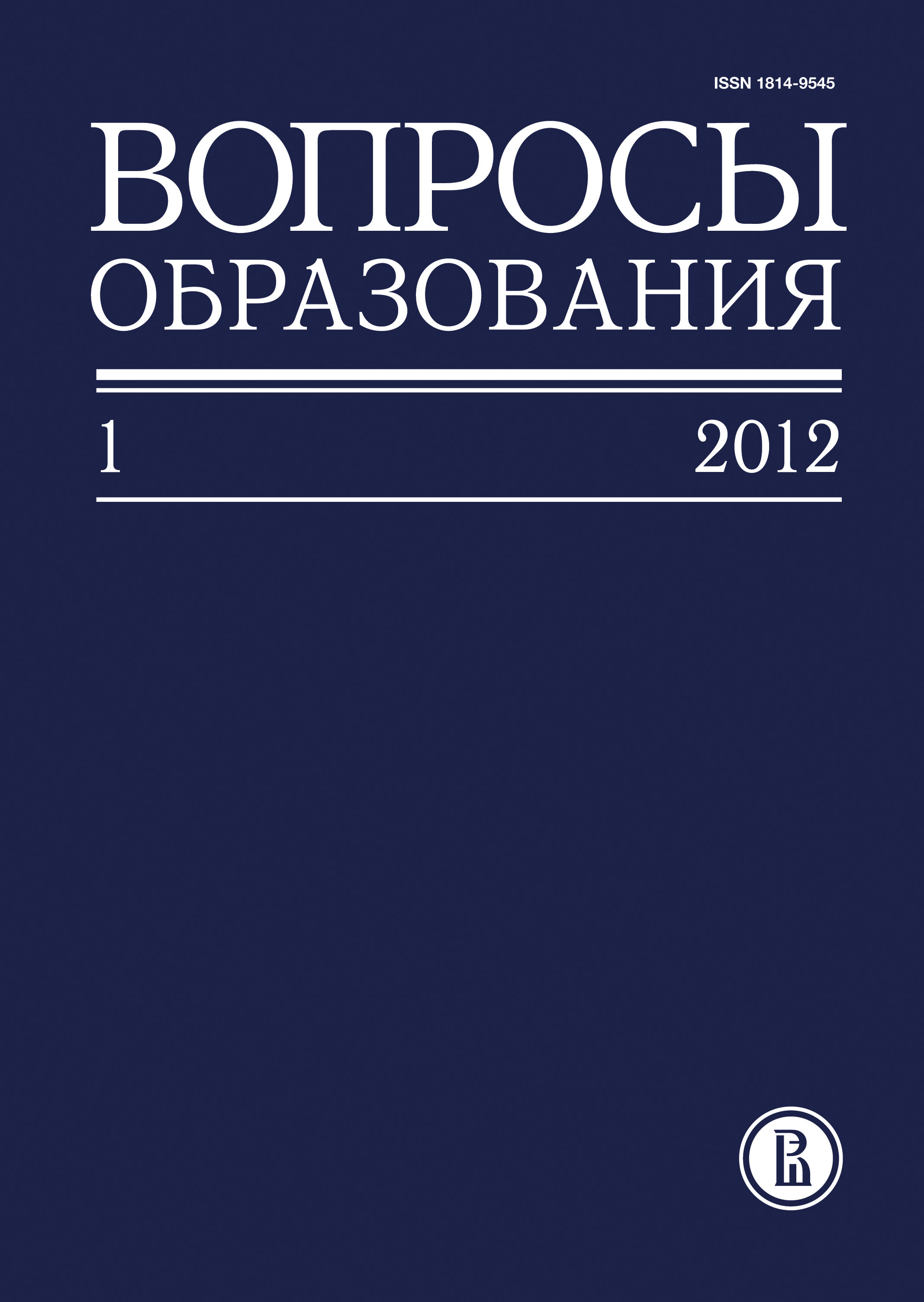Сравнительный анализ России и стран Восточной Европы по публикационной активности и цитированию
Аннотация
Кириллова Ольга Владимировна — кандидат технических наук, заведующая отделением ВИНИТИ РАН. Эл. адрес: ovk@viniti.ru
Адрес: Россия, 125190, Москва, А-190, ул. Усиевича, д. 20.
Солошенко Наталия Сергеевна — кандидат педагогических наук, заведующая отделом ВИНИТИ РАН. Эл. адрес: solns@viniti.ru
Адрес: Россия, 125190, Москва, А-190, ул. Усиевича, д. 20.
На основе анализа биометрических показателей — публикационной активности ученых и признания их публикаций международным научным сообществом по данным их цитирования — исследуется уровень развития науки в России за последнее десятилетие (2001–2010) в сравнении со странами Восточной Европы: Болгарией, Венгрией, Польшей, Румынией, Сербией, Словакией, Словенией, Чехией и Хорватией. Выявляются причины изменения этих показателей в разных странах, анализируется связь между долей ВВП государства, выделяемой на исследования, и публикационной активностью его ученых.
Подтверждено отсутствие прямой связи между финансированием науки со стороны государства и публикационной активностью и цитируемостью авторов. Выявлены страны, имеющие наиболее стабильные показатели научной продуктивности и высокие показатели цитируемости (Венгрия, Чехия и Польша). Россия, как показал сравнительный анализ, в настоящее время по некоторым показателям (среднему показателю цитируемости, среднему импакт-фактору журналов и др.) значительно уступает ведущим странам Восточной Европы, что во многом обусловлено слабым отражением российских статей по продуктивным тематикам в международных журналах и недостаточным количеством российских журналов в аналитических системах (Scopus, Web of Science).
Результаты исследования позволяют определить сильные стороны научных исследований стран Восточной Европы и выработать рекомендации для оптимизации входного потока самого крупного в России информационного центра — ВИНИТИ РАН. Определены перспективы исследования научной продуктивности разных стран.








